
Unlock the Potential of Your Commercial Real Estate Website
In today’s digital age, having a robust online presence is crucial for businesses across all industries, and commercial real estate is no exception. A well-designed website is more than just a digital storefront; it’s a powerful tool for attracting and retaining clients, showcasing properties, and driving business growth. To ensure your commercial real estate website stands out and performs effectively, it must incorporate certain essential features. Here, we delve into the top five features every commercial real estate website needs to succeed.
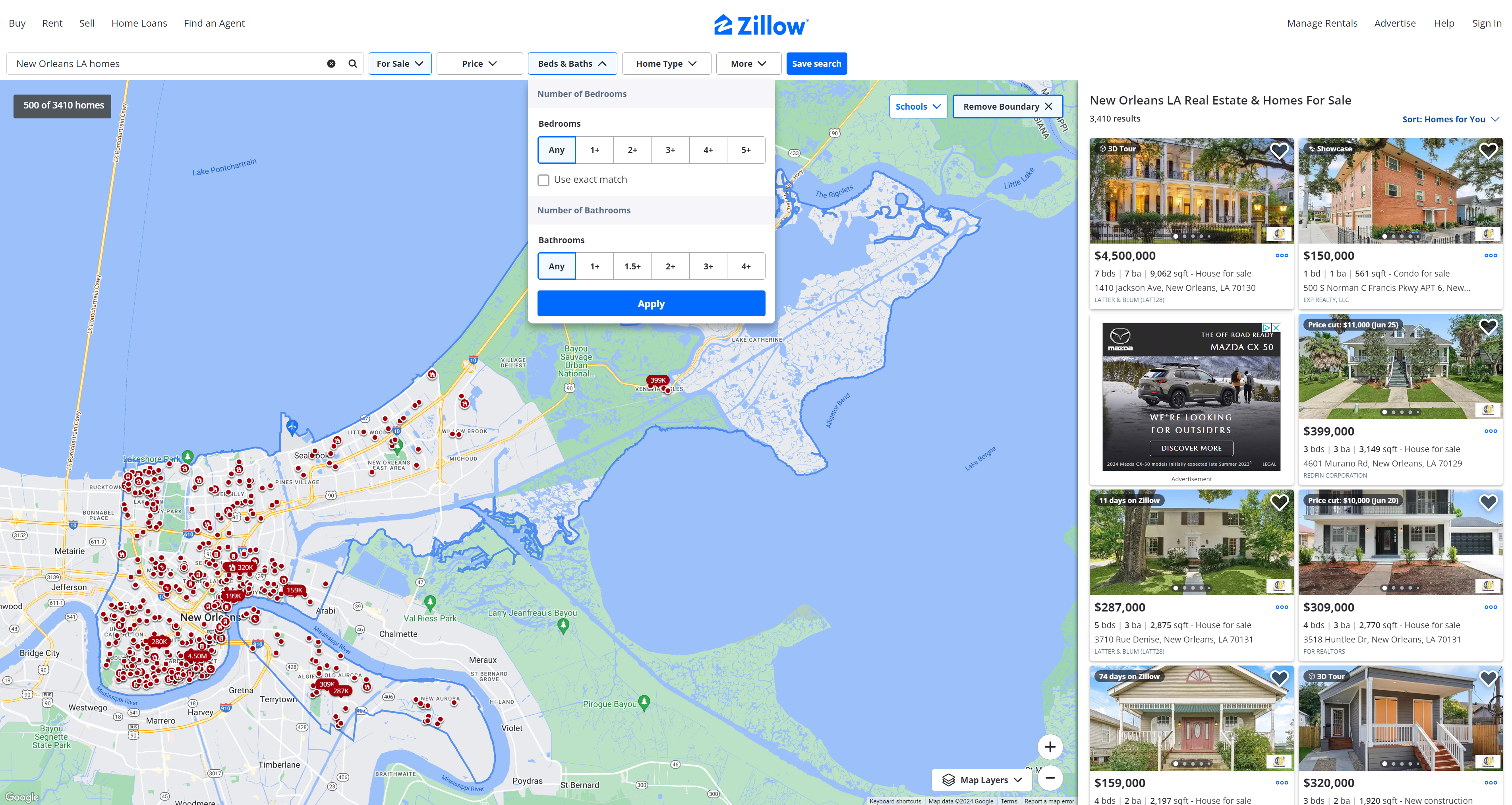
1. Advanced Property Search Functionality
The Importance of Powerful Search Features
A responsive design ensures that your website adapts seamlessly to various screen sizes, providing an optimal viewing experience on desktops, tablets, and smartphones. This flexibility is essential for commercial real estate websites, which often feature detailed property images and interactive maps.
Benefits of Advanced Search
Speed is a critical factor in mobile optimization. Slow-loading websites can frustrate users and lead to higher bounce rates. Ensuring that your commercial real estate website loads quickly on mobile devices improves user satisfaction and boosts your search engine rankings.
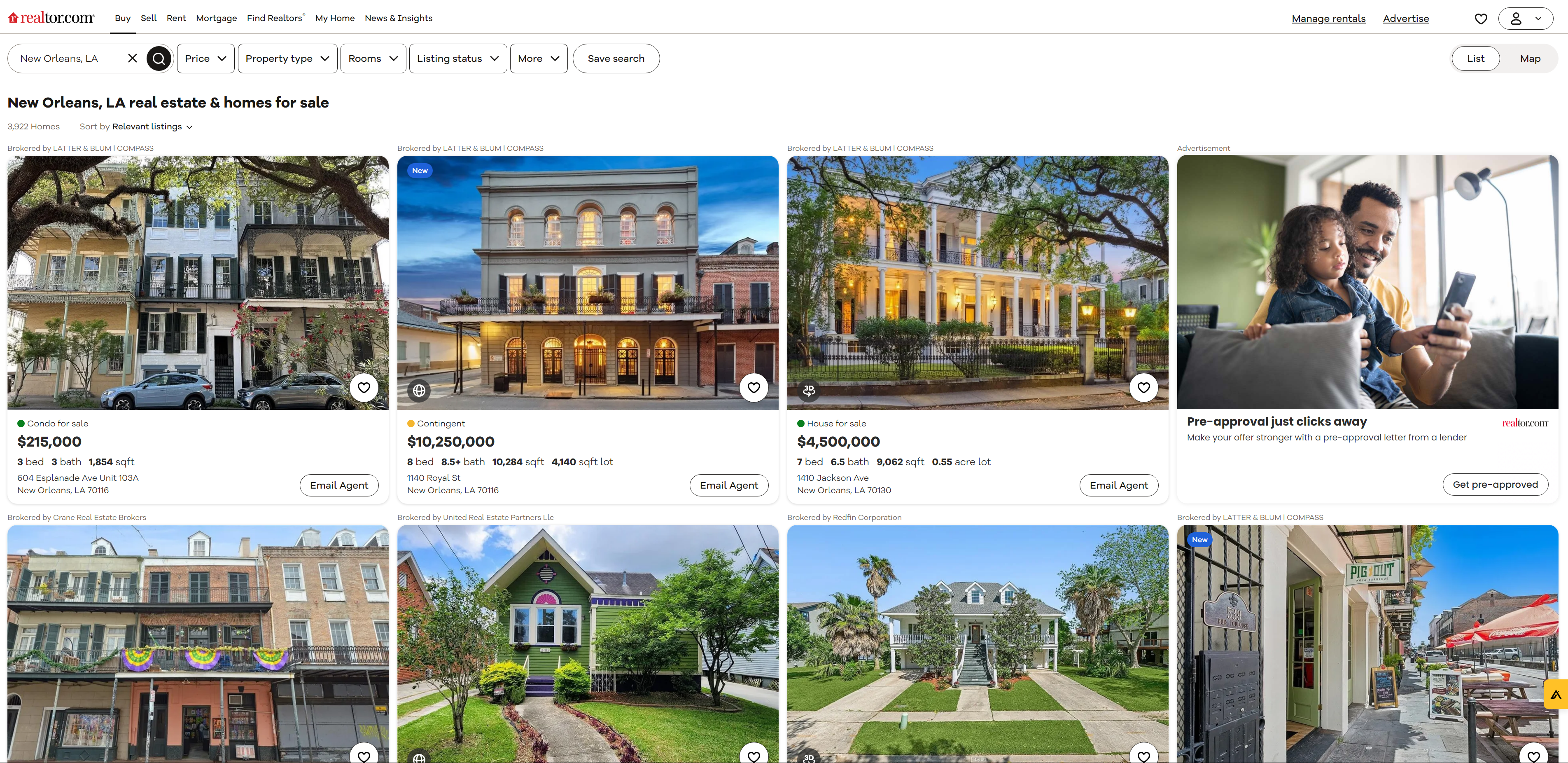
Examples of Effective Property Search
Websites like Zillow and Realtor excel in offering advanced search functionalities that include filters for property features, interactive maps, and saved search options.
Technical Tips for Implementation
Use IDX Integration: Incorporate Internet Data Exchange (IDX) to keep property listings updated automatically.
Interactive Maps: Use tools like Google Maps API to provide interactive map features that enhance user engagement.
Auto-Suggest and Predictive Search: Implement auto-suggest and predictive search features to help users find properties faster.

2. Responsive Design
What is Responsive Design?
Responsive design refers to the approach where a website’s layout adjusts seamlessly to fit various screen sizes and devices, from desktops to tablets and smartphones. In an era where mobile browsing has overtaken desktop usage, having a responsive design is essential.
Benefits of a Responsive Commercial Real Estate Website
Consistent User Experience: Ensures your website is accessible and navigable on any device, enhancing user satisfaction.
Improved SEO Rankings: Google prioritizes mobile-friendly websites, boosting your site’s search engine rankings.
Examples of Responsive Design Excellence
Websites like LoopNet and CREXi are known for their excellent responsive designs, ensuring users have a seamless experience regardless of the device they use.
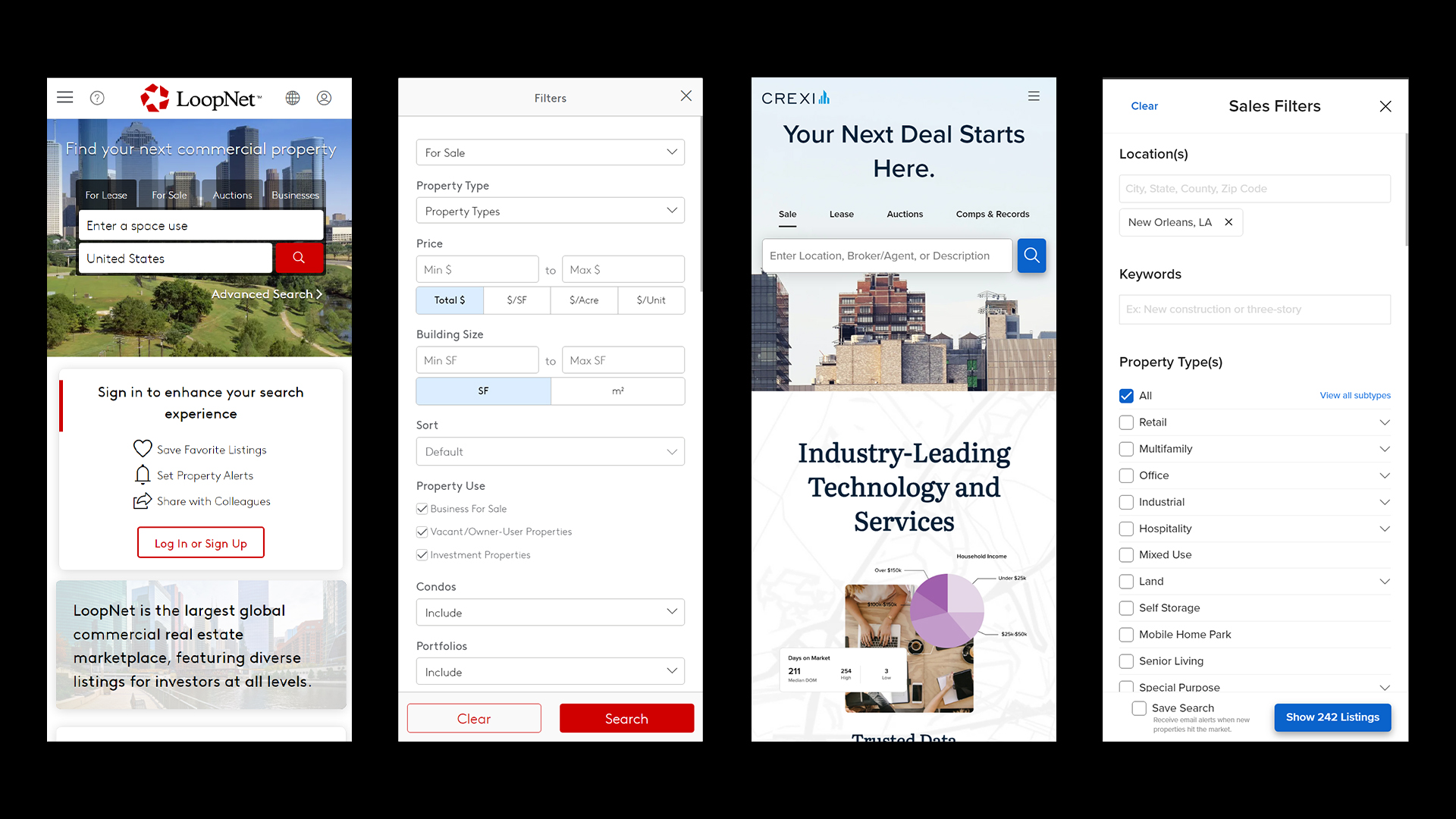
Technical Tips for Responsive Design
Use IDX Integration: Incorporate Internet Data Exchange (IDX) to keep property listings updated automatically.
Interactive Maps: Use tools like Google Maps API to provide interactive map features that enhance user engagement.
Auto-Suggest and Predictive Search: Implement auto-suggest and predictive search features to help users find properties faster.

3. High-Quality Visual Content
The Power of Visuals in Real Estate
High-quality images and videos are crucial in showcasing properties effectively. Potential clients are more likely to engage with a website that provides clear, detailed, and visually appealing content.
Benefits of High-Quality Visuals
Engagement: High-quality images and videos capture users’ attention and keep them engaged longer.
Conversion: Virtual tours and 360-degree images provide a realistic view of properties, increasing the likelihood of conversions.
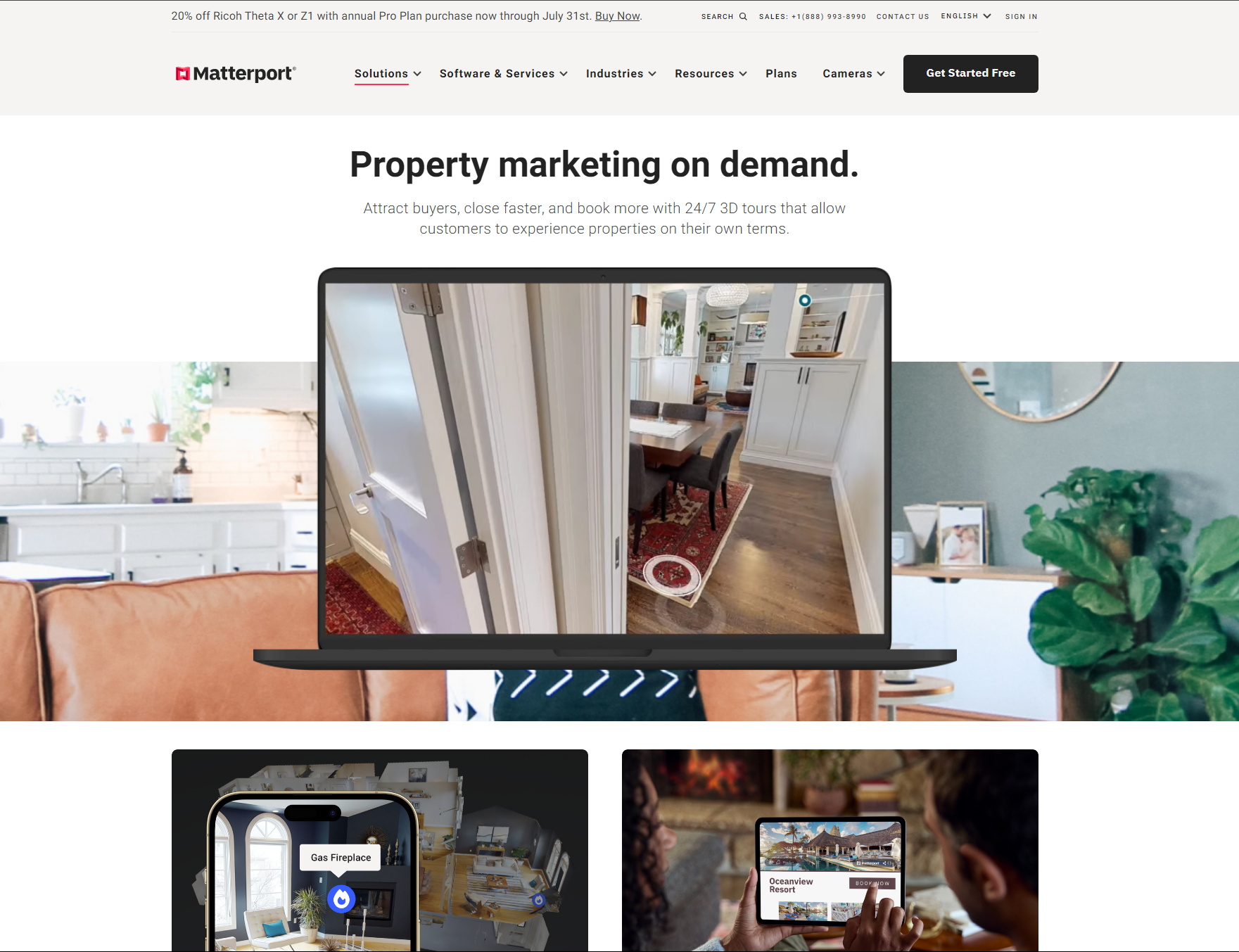
Examples of Exceptional Visual Content
Platforms like Matterport offer immersive 3D virtual tours that provide potential clients with a comprehensive view of properties from the comfort of their own homes.
Technical Tips for Visual Content
Optimize for Speed: Use tools like TinyPNG to compress images without losing quality, ensuring fast load times.
Use Virtual Tour Software: Incorporate tools like Matterport or EyeSpy360 to create interactive virtual tours.
Professional Photography: Invest in professional photography to capture high-quality images that showcase properties in the best light.

4. Integration with CRM Systems
Why CRM Integration is Vital
Customer Relationship Management (CRM) systems are essential for managing leads, client interactions, and business processes efficiently. Integrating your commercial real estate website with a CRM system streamlines operations and enhances client management.
Benefits of CRM Integration
Streamlined Communication: CRM systems centralize client interactions, making it easier to track and manage communications.
Efficient Lead Management: Automatically capture leads from your website and manage them through your sales funnel.
Examples of Popular CRM Systems
CRM platforms like HubSpot, Salesforce, and Zoho are widely used in the real estate industry for their robust features and ease of integration.
Technical Tips for CRM Integration
API Integration: Use CRM APIs to seamlessly integrate your website with your CRM system.
Automated Lead Capture: Set up forms and landing pages that automatically feed leads into your CRM.
Data Sync: Ensure real-time data synchronization between your website and CRM to keep client information up-to-date.
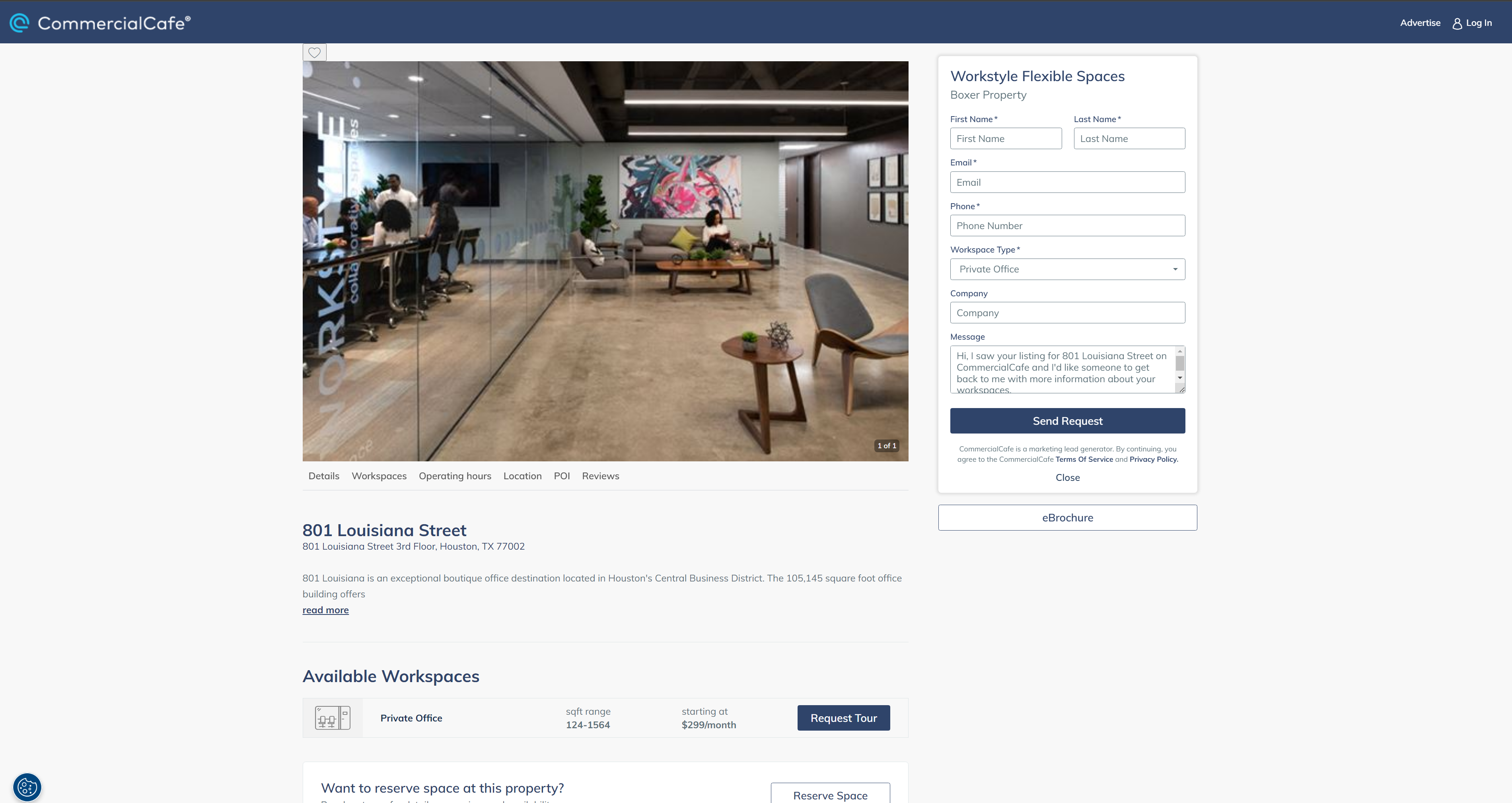
5. Detailed Property Listings
The Need for Comprehensive Listings
Detailed property listings are critical for providing potential clients with all the information they need to make informed decisions. Listings should include high-quality images, property descriptions, amenities, location details, and contact information.
Benefits of Detailed Listings
Informed Decisions: Comprehensive listings help potential clients understand the property better, leading to informed decisions.
SEO Benefits: Detailed descriptions and keyword optimization improve search engine visibility.
Examples of Well-Detailed Listings
Websites like CommercialCafe and OfficeSpace provide exemplary property listings with extensive details and high-quality visuals.
Technical Tips for Creating Detailed Listings
Structured Data Markup: Use schema.org’s structured data markup to enhance listing visibility in search engines.
Regular Updates: Keep property information up to date to ensure accuracy and reliability.
Rich Media: Include floor plans, virtual tours, and high-resolution images to provide a comprehensive view of the property.
Unlock the Full Potential of Your Website
Mobile optimization is a critical component of successful commercial real estate websites. By ensuring your site is mobile-friendly, you can provide a better user experience, achieve higher search engine rankings, and increase lead generation. Regularly evaluating your website’s mobile performance and making necessary improvements will keep you ahead of the competition and ensure your digital presence remains strong.
Let's Talk About Your Website Goals
Are you ready to take your commercial real estate website to the next level? Contact us today for a free mobile optimization audit and see how we can help you enhance your online presence and drive more leads. Visit our services page or fill out our contact form for more information.

